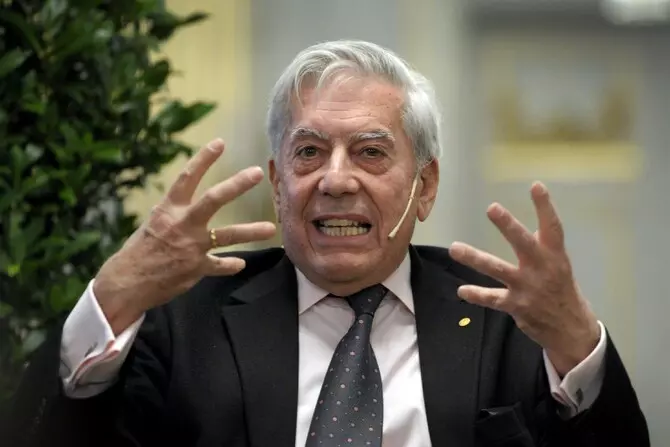Mario Vargas Llosa, one of the most influential figures in Latin American literature, passed away on April 13, 2025, in Lima, Peru, at the age of 89. The acclaimed novelist and essayist, who was awarded the Nobel Prize in Literature in 2010, died peacefully at home, surrounded by his family. In accordance with his wishes, no public ceremonies will be held, and his remains will be cremated privately.
Vargas Llosa’s death marks the end of an era for the literary world, as he was one of the last remaining giants of the “Latin American Boom”—a movement that reshaped the literary landscape of the 20th century. His work, which includes some of the most important novels in modern Spanish literature, has had a lasting impact on generations of readers and writers.
Among his most celebrated works are The Time of the Hero (La ciudad y los perros), Conversation in the Cathedral (Conversación en la catedral), The Green House (La casa verde), and The Feast of the Goat (La fiesta del caprón). These novels, known for their complex narrative structures and incisive social commentary, have earned Vargas Llosa a place among the most respected authors of his generation. His writing tackled themes such as political oppression, the abuse of power, and the human condition, often set against the backdrop of Latin American history and culture.
In 2010, Vargas Llosa received the Nobel Prize in Literature, a recognition that underscored his significance in the world of letters. The Swedish Academy awarded him the prestigious honor “for his cartography of power structures and his vivid and complex images of resistance, rebellion, and defeat.” This statement highlighted his ability to blend political critique with rich, powerful storytelling that captured the complexities of human life and history.
Vargas Llosa’s personal life was just as eventful as his literary career. Born in Arequipa, Peru, in 1936, he was raised by his mother, whom he adored. His father was largely absent from his life, and Vargas Llosa’s relationship with him remained distant and strained. He married Patricia Llosa, a Bolivian, in 1965, and together they had three children: Álvaro, Gonzalo, and Morgana. However, after 50 years of marriage, the couple separated in 2015, a decision that shocked many.
One of the most well-known and dramatic episodes in Vargas Llosa’s personal life was his feud with Gabriel García Márquez, another monumental figure in Latin American literature. The two had been close friends for many years, living in neighboring apartments in Barcelona in the 1970s. Their friendship, however, ended abruptly in 1976 after a physical altercation during a film premiere in Mexico City, where Vargas Llosa struck García Márquez. The reasons behind the incident remain unclear, but speculation has long suggested personal tensions related to Vargas Llosa’s marriage to Patricia. Despite the rupture, Vargas Llosa continued to admire García Márquez’s work, dedicating a 1971 essay to the Colombian author’s masterpiece One Hundred Years of Solitude. However, after the incident, the two never reconciled and remained silent about the details of their split.
Vargas Llosa’s death is a significant moment in the history of Latin American literature, as he represented the last of a generation that redefined the boundaries of storytelling.












